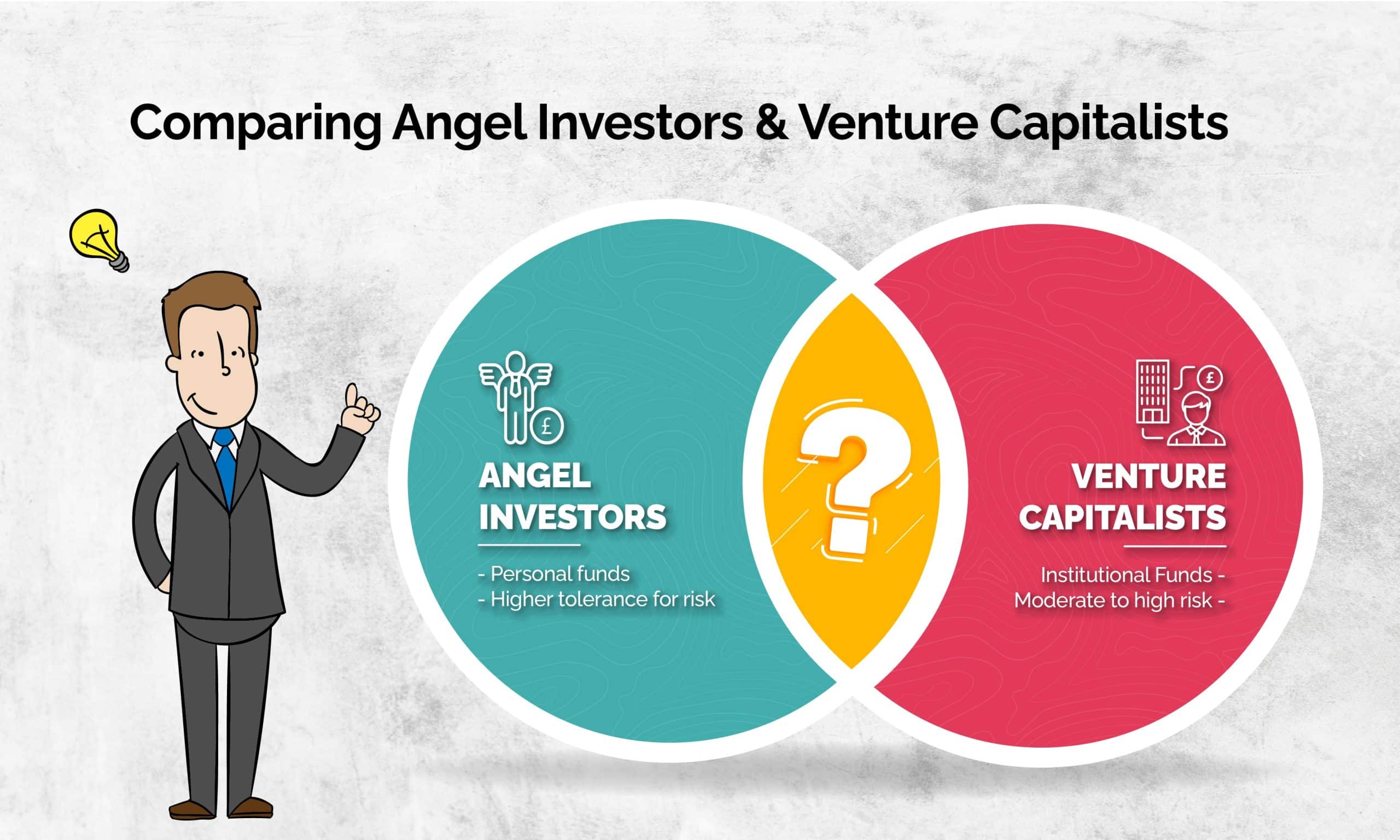What is the difference between a venture capitalist and an angel investor?
Venture capitalists are business experts who invest in companies on behalf of a risk capital firm (with other people's money). Angel investors are wealthy people who invest their personal money in fledgling companies.
How do venture capital companies finance businesses?
While both venture capitalists and angel investors participate in firms with the expectation of a strong return on investment (ROI), their term sheets varies significantly.
Venture capital businesses have far more money to invest ($9.9 million on average) since their assets are often pooled from other investment firms, huge enterprises, and pension funds.
Venture capital investments need more due diligence owing to their bigger size. Expect investors to delve deeply into the company's business plan, finances, market, goods, management, and operational history, among other things.
Big-ticket venture capital investment often entails a larger interest in your firm. By the time you depart, a venture capital company may hold around half of your organization. That implies VCs have a voice in how you operate your firm and want you to meet quarterly growth objectives.
If dilution-free investments are not for you, consider revenue-based finance (RBF), which allows you to repay a proportion (6-12%) of future income. Hedoine, an online fashion firm, increased income by 1106% in 2019 after investing $55,000 in Facebook and Instagram marketing.
How do angel investors finance businesses?
Angel investors often invest their own assets inside a network of other angels.
Angel investors take on more risk, do less due research, and have less influence over how you run your firm. Instead, they have greater confidence in the founder and his staff. They will, however, retain the business expertise, experience, and contacts required to assist early-stage enterprises in their growth.
- When does it make sense to collaborate with a venture capital firm?
- Choosing the right sort of finance for your business may be a difficulty when obtaining funds. Let's look at the advantages and disadvantages of angel investment and venture capitalists.
- A venture capitalist may be a good fit for you.
When you're searching for larger investments. With large-scale investments, venture capitalists may assist your firm in achieving its ambitious development objectives.
When you want to network like there's no tomorrow.While angel investors are often well-connected, VC companies have more partners and resources to help you develop your staff and client base.
When you want to get another viewpoint. VCs will have a voice in your company's strategy, management, and direction.
When does it make sense to seek out angel investors?
An angel investor may be suitable for you.
When you are still developing a business case. Founders often have an easier time attracting angel investors than venture capital investors because angels are more willing to invest in a firm that may not generate a profit. Because they get an early slice of the pie, which expands over time, the investment might be justified. Angel investors often invest in tens of firms, despite the fact that many of them will fail.
When you want greater control over strategy. Because business angels are more interested in the entrepreneur than the sustainability of the firm (which has yet to be established), they trust the founder to manage the company and are less likely to participate in decision-making.

